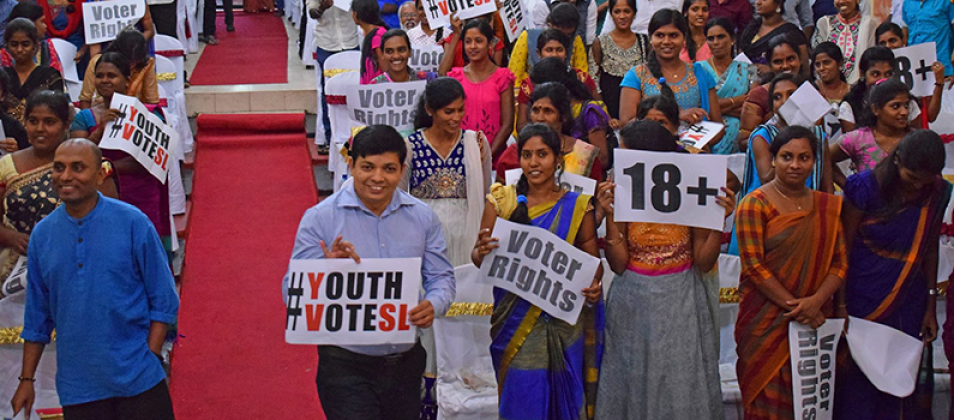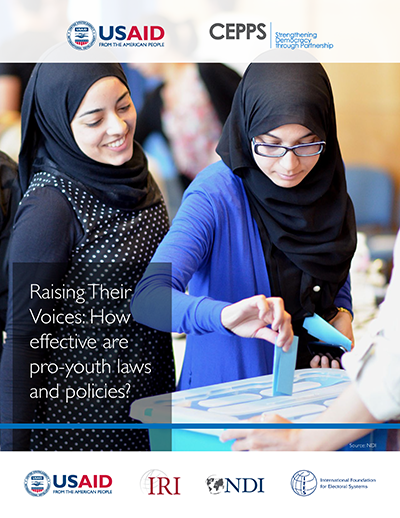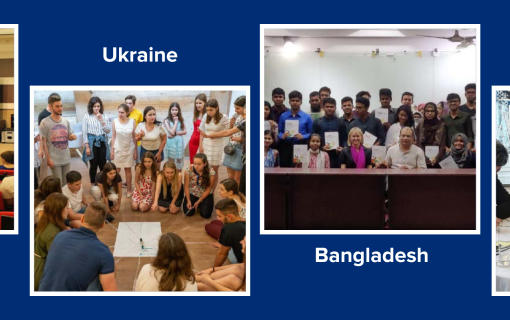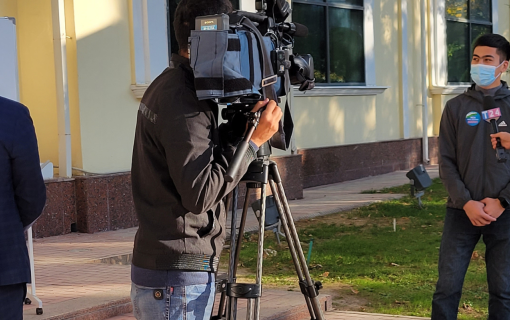
Raising Their Voices
More than half the world’s population is under 30, yet young people remain underrepresented in government and decision-making processes. There is a growing consensus among practitioners and scholars that politically and civically engaged youth are integral to a country’s economic and democratic health. As national governments, international donors, and local advocates increasingly recognize that youth participation is vital to stability and success, a variety of public measures, policy mechanisms and legal reforms aimed at promoting youth engagement have gained traction.
Proponents of these measures contend that pro-youth policies and reforms can increase youth participation and, ultimately, result in better policy outcomes across a range of issues. However, there has been relatively little empirical research on if, and under what conditions, these pro-youth measures improve the quantity or quality of youth participation and representation in political processes.
This report analyzes four pro-youth legal and political mechanisms and offers recommendations for funders, implementers and local partners considering the implications of:
- National youth policy strategies
- Reducing the minimum age for voting and candidacy
- Youth electoral quotas
- Political party youth wings
This report is made possible by the generous support of the American people through the United States Agency for International Development (USAID). The opinions expressed herein are those of the author(s) and do not necessarily reflect the views of USAID or the United States Government.
Established in 1995, the Consortium for Elections and Political Process Strengthening (CEPPS) pools the expertise of three international organizations dedicated to democratic development: the International Foundation for Electoral Systems, the International Republican Institute and the National Democratic Institute. CEPPS has a 20-year track record of collaboration and leadership in democracy, human rights and governance support, learning from experience, and adopting new approaches and tools based on the ever-evolving technological landscape.











